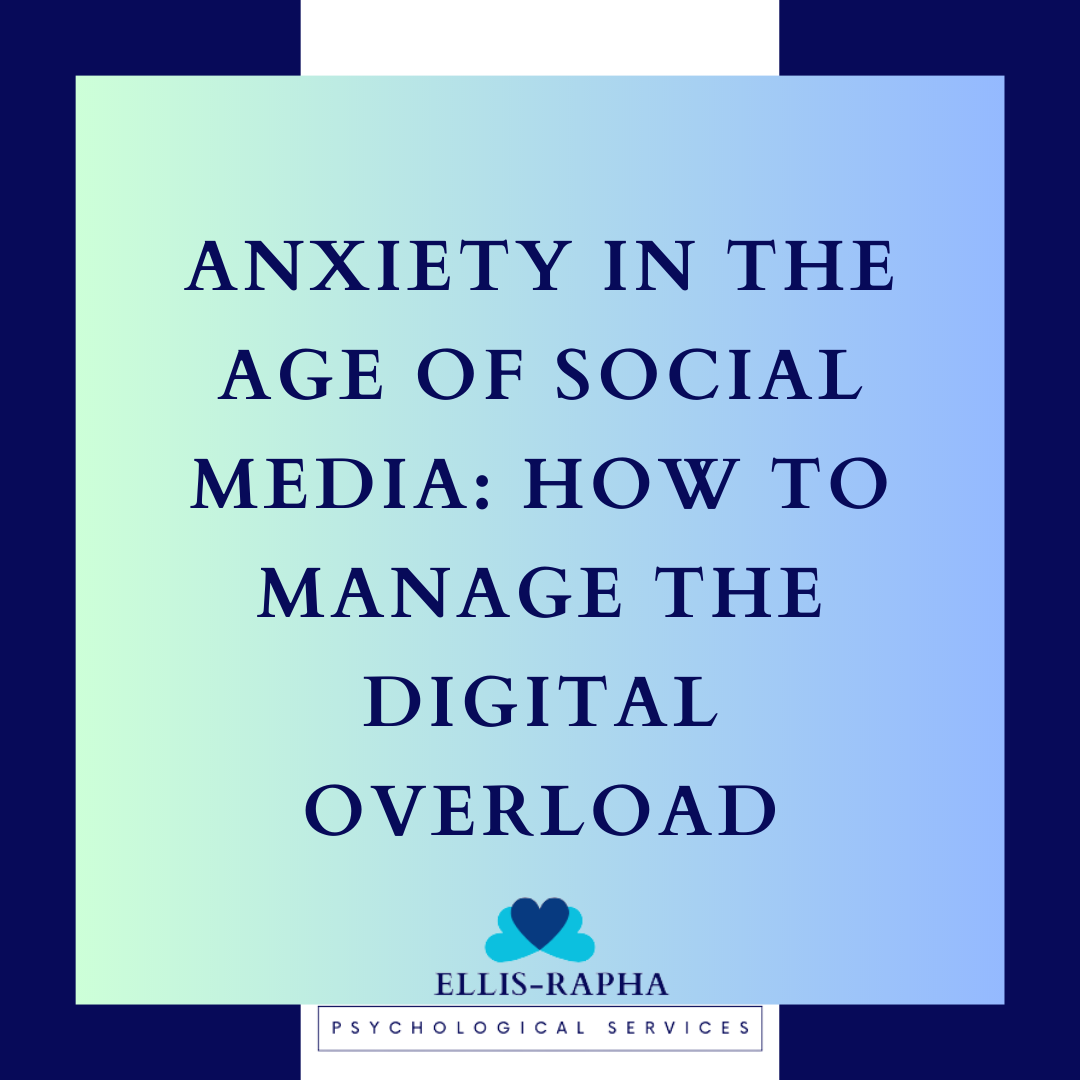As social media becomes more and more integrated into our daily lives, it’s no surprise that it can have a significant impact on our mental health. While social media has its benefits, it can also be a source of anxiety and stress for many people. In this post, we’ll explore how social media can contribute to anxiety and provide practical tips for managing digital overload.
Social media can be a breeding ground for comparison, self-doubt, and anxiety. With curated profiles and carefully selected content, it’s easy to feel like everyone else has a better life than yours. This can lead to a negative spiral of thoughts and feelings, making anxiety worse.
One of the first steps to managing anxiety related to social media is to recognize the impact it’s having on your mental health. Take a break from social media for a few days and see how you feel. If you notice a significant improvement in your mood and anxiety levels, it may be time to reassess your relationship with social media.
Next, it’s important to set boundaries around your social media use. Consider limiting your time on social media or deleting certain apps altogether. You can also unfollow accounts that make you feel anxious or trigger negative emotions.
It’s also helpful to engage in other activities that promote relaxation and stress relief. This could include things like enjoying the present moment, journaling, or spending time in nature. Make a conscious effort to prioritize self-care and take breaks from technology.
Finally, if your anxiety is severe or persistent, it may be helpful to seek support from a mental health professional. They can provide you with personalized strategies for managing anxiety related to social media and help you work through any underlying issues that may be contributing to your anxiety.
In conclusion, social media can have a significant impact on our mental health, including anxiety. However, with some conscious effort and self-care, it’s possible to manage the digital overload and prioritize our mental wellbeing. Remember to set boundaries, take breaks, and seek support when necessary.


